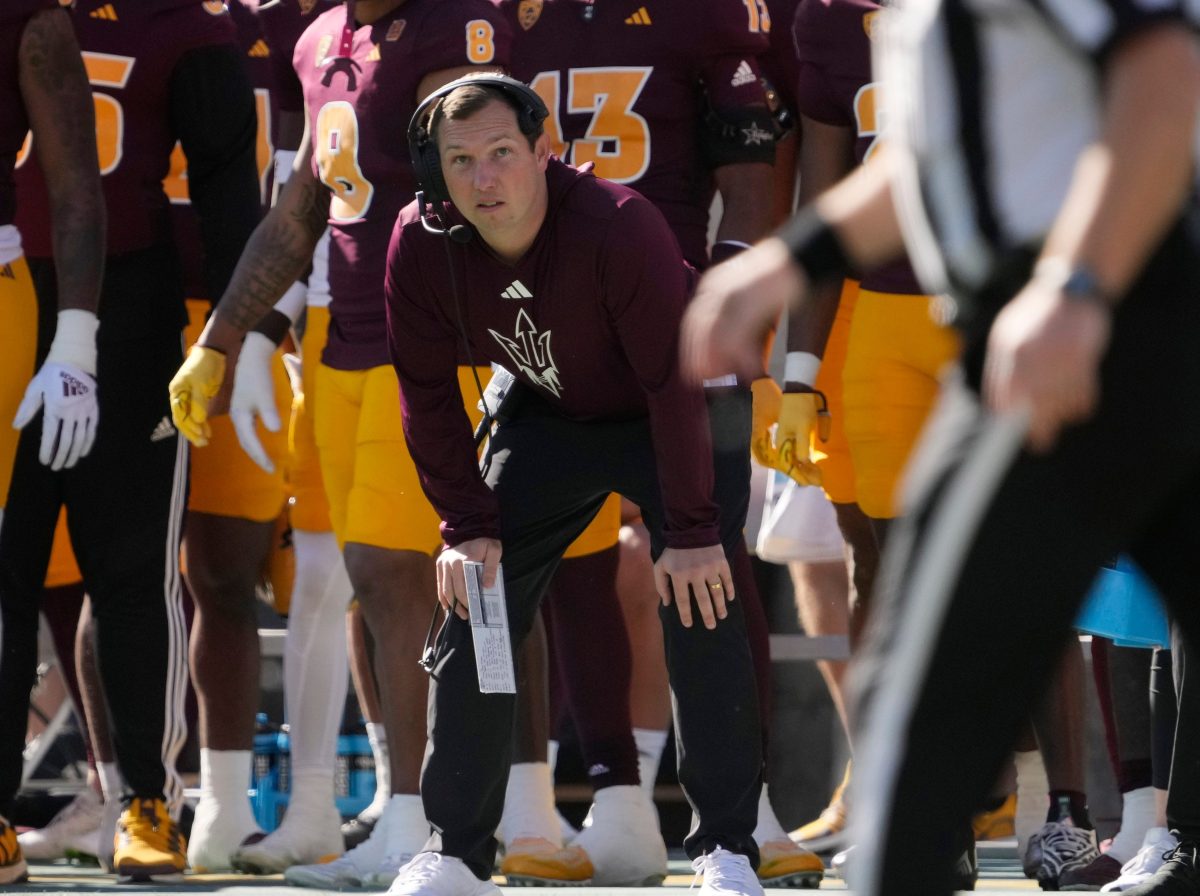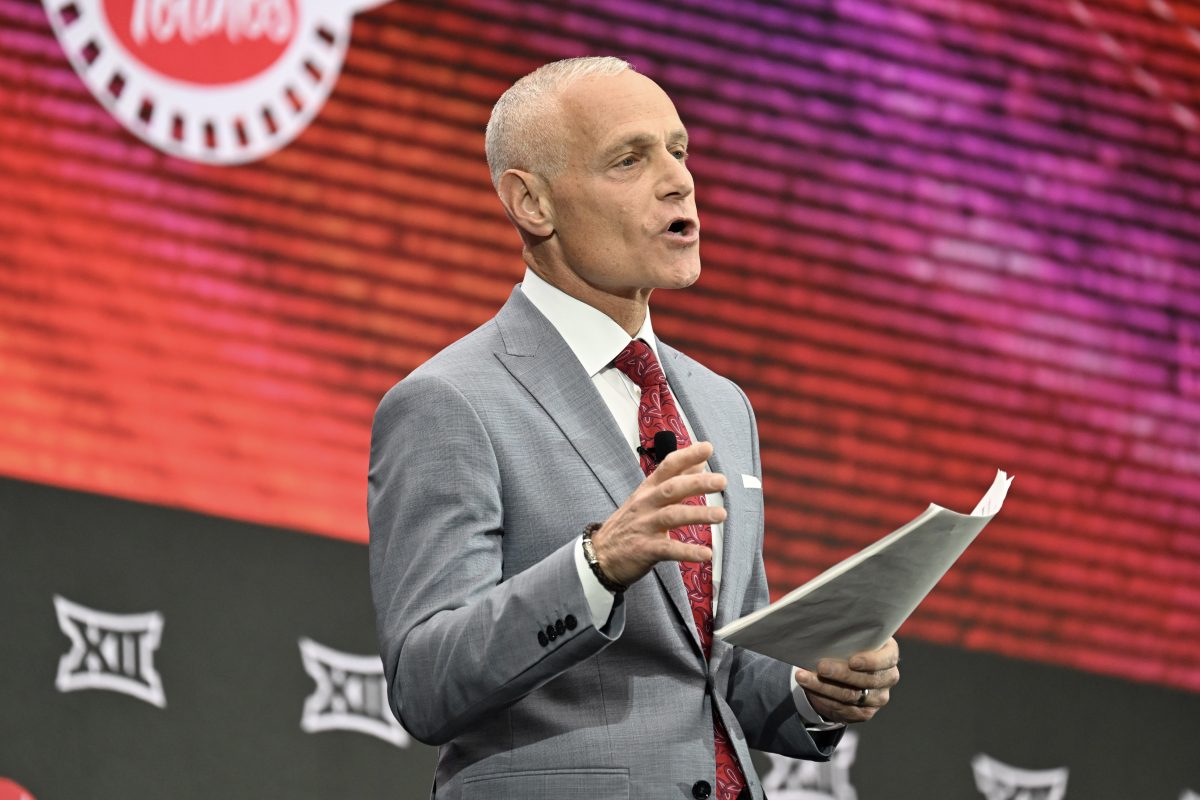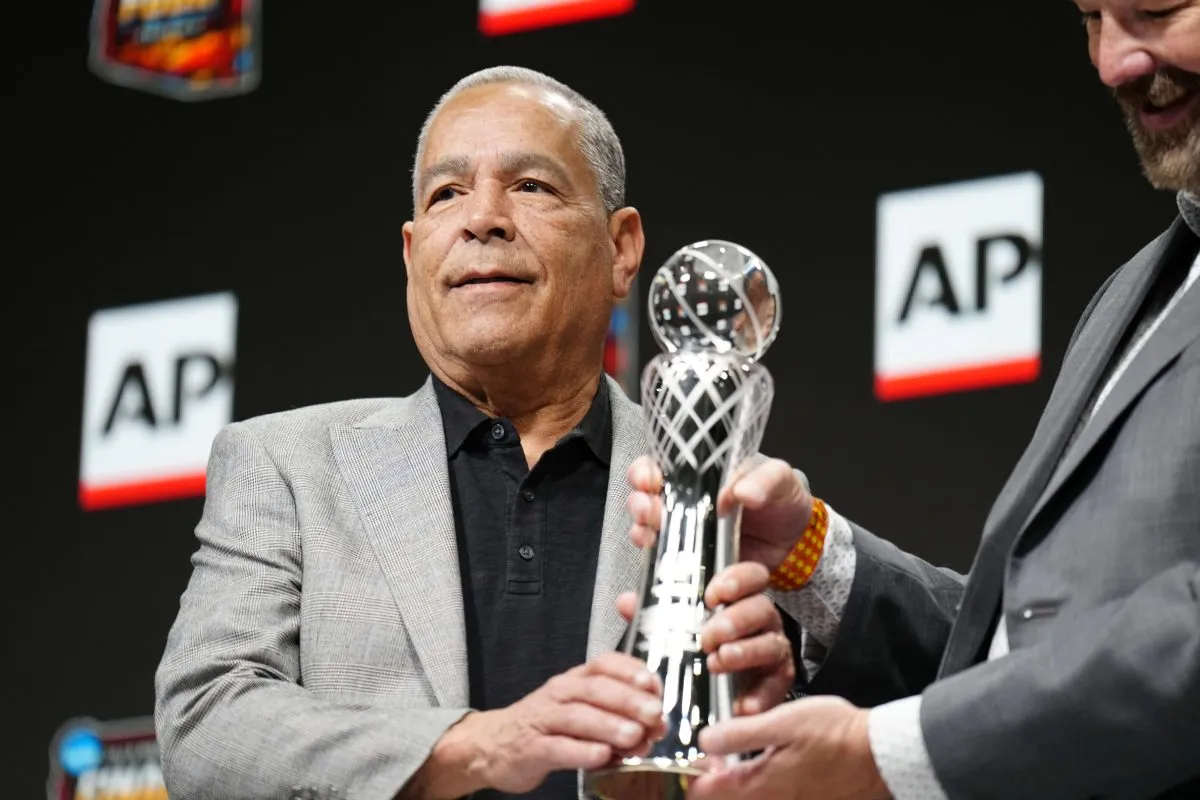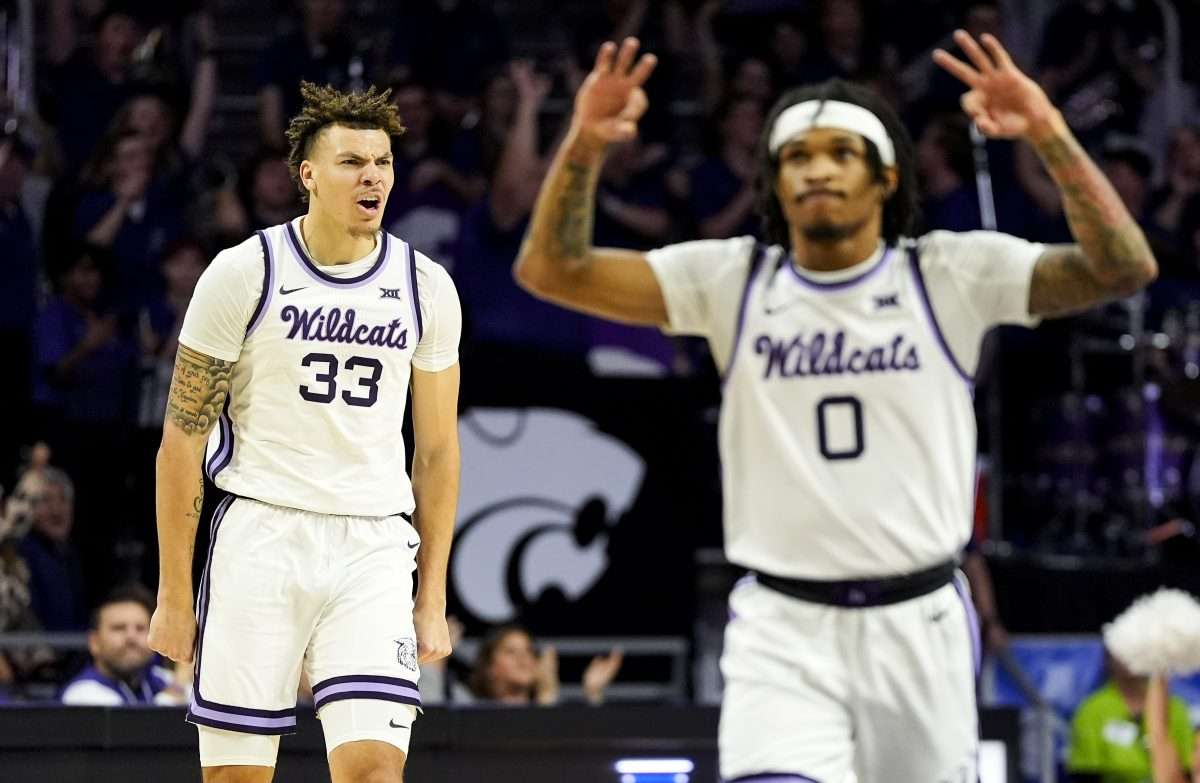After one of the most unforgettable games of the College Football Playoff era, Texas is advancing to the semifinal round to face Ohio State after taking down Arizona State 39-31 in double overtime.
Meanwhile, Arizona State’s magical 2024 season has come to a close, and unfortunately, the team and its fan base have plenty of reason to dwell on the game and wonder, “What if?”
One of the biggest “what if” moments came on Arizona State’s final drive of regulation. On 3rd & 15, with just over a minute left in the game, Sam Leavitt completed a nine-yard pass to Melquan Stovall, who was immediately blown up by safety Michael Taaffe.
Stovall was still in the process of securing the catch when the hit occurred, which makes him a defenseless player. Plus, there was clear and evident forcible contact to the head or neck area, making this a textbook case of targeting.
While it wasn’t called initially, there was a review process to determine whether targeting occurred, and it appeared a certainty that the penalty would be enforced and ASU would get a fresh set of downs and move into Texas territory. Even the ESPN broadcast team of Joe Tessitore and Jesse Palmer thought that targeting would be the call, and that the Sun Devils’ drive would continue.
However, after about a minute of reviewing the play, the officials determined that there was no targeting on the play, making it 4th & 5 and forcing Arizona State to punt.
Texas would miss a field goal at the end of regulation, and the game would ultimately be decided in a double-overtime thriller, but if the call would’ve been made, the outcome might look very different.
Kenny Dillingham was asked about the call after the game, and his response was as candid as could be without getting heavily penalized.
“I’m going to be honest,” Dillingham said. “I just don’t know what targeting is. I don’t want to comment on something that I have to get a better grasp on what it is.”
Arizona State did have opportunities to win the game after the no-call, and had Texas in a 4th & 13 with a 31-24 lead in the first overtime. However, the Longhorns eventually took advantage of the gift and won the game.
It’s hard not to wonder if there are backlines of communication about calls like this, and if someone is in the ear of the official telling them what to do in a given situation. It’s nice to believe that isn’t the case, but a no-call of this magnitude certainly detracts from confidence in that opinion.





